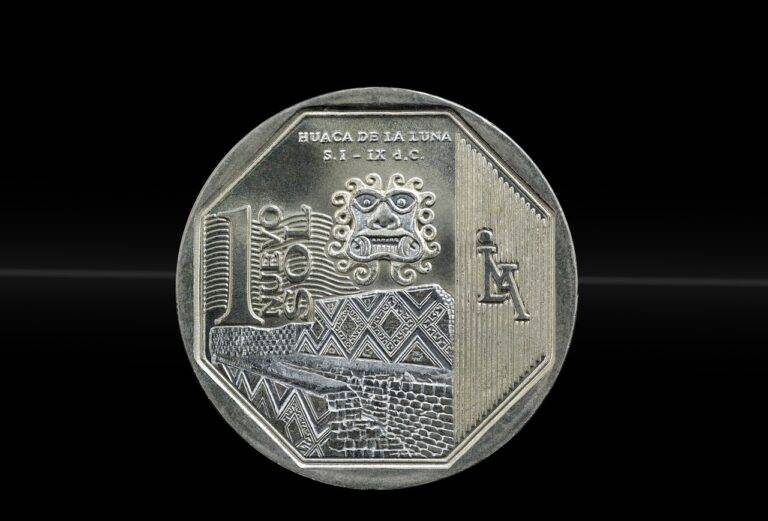The Importance of Sustainable Packaging in Business Practices
Sustainable packaging has gained increasing importance in recent years as businesses across industries are recognizing the benefits of adopting eco-friendly practices. With growing concern over environmental degradation, consumers are becoming more discerning in their purchasing choices, favoring products packaged in sustainable materials. This shift in consumer behavior presents an opportunity for businesses to enhance their brand image and attract a larger customer base by demonstrating a commitment to environmental stewardship.
In addition to the positive impact on brand perception, prioritizing sustainable packaging can also lead to cost savings for businesses in the long run. By investing in packaging materials that are recyclable, biodegradable, or made from renewable resources, companies can reduce their environmental footprint and drive efficiencies in their supply chain. Moreover, adopting sustainable packaging practices can help businesses stay ahead of regulatory requirements and prepare for future shifts towards a more environmentally-conscious marketplace.
The Environmental Impact of Packaging Materials
Packaging materials play a crucial role in the environmental impact of products. Traditional materials like plastic, Styrofoam, and non-recyclable materials contribute significantly to pollution and waste in the environment. These materials often end up in landfills, oceans, and other natural habitats, causing harm to wildlife and ecosystems.
In contrast, sustainable packaging materials such as biodegradable plastics, paper-based products, and compostable materials offer a more eco-friendly alternative. These materials have a lower environmental impact as they decompose more easily, reduce carbon emissions during production, and can be recycled or reused efficiently. By choosing sustainable packaging materials, businesses can make a positive impact on the environment while also meeting consumer demands for eco-conscious products.
What is sustainable packaging?
Sustainable packaging refers to packaging materials that are environmentally friendly and have a minimal impact on the environment throughout their lifecycle.
Why should businesses prioritize sustainable packaging?
Businesses should prioritize sustainable packaging to reduce their carbon footprint, appeal to environmentally conscious consumers, and contribute to the overall health of the planet.
What are some examples of sustainable packaging materials?
Some examples of sustainable packaging materials include recycled paper, biodegradable plastics, compostable materials, and reusable containers.
How do different packaging materials impact the environment?
Different packaging materials have varying degrees of impact on the environment, with some materials contributing to pollution, deforestation, and greenhouse gas emissions.
What can businesses do to reduce their environmental impact with packaging?
Businesses can reduce their environmental impact with packaging by using sustainable materials, minimizing packaging waste, optimizing packaging design, and implementing recycling and composting programs.
How can consumers support businesses that prioritize sustainable packaging?
Consumers can support businesses that prioritize sustainable packaging by choosing products with eco-friendly packaging, advocating for sustainable packaging practices, and providing feedback to companies about their packaging choices.







